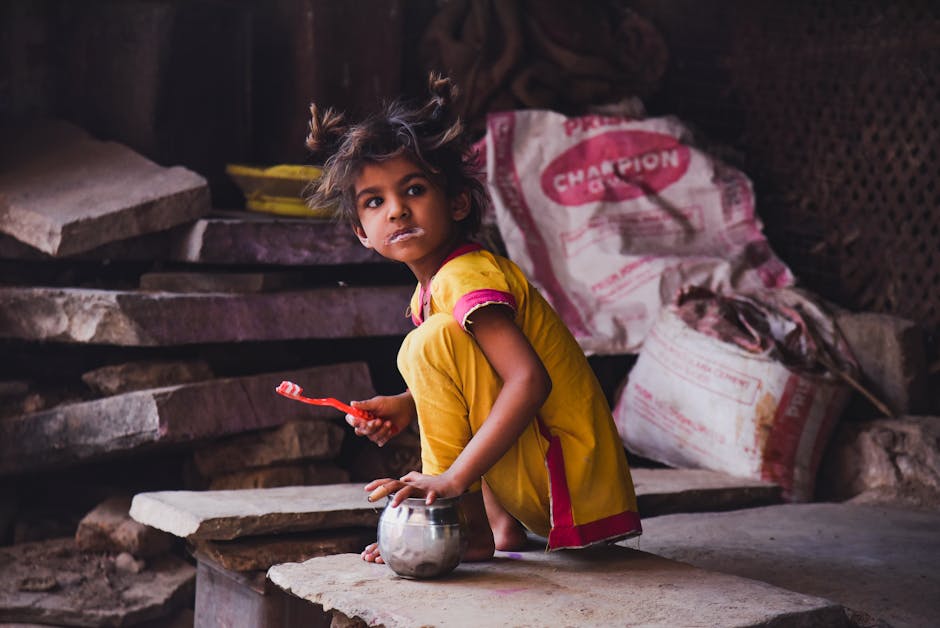**
PM Modi’s Africa Skills Mission: A Game-Changer for Sustainable Development
At the recent G20 summit, Prime Minister Narendra Modi proposed the Africa Skills Mission, a landmark initiative to empower African youth through vocational training and capacity-building programs. Emphasizing India’s commitment to “Vasudhaiva Kutumbakam” (the world is one family), Modi positioned India as a key partner in Africa’s growth, leveraging skill development over traditional aid.
Key Focus Areas of the Africa Skills Mission
Addressing the G20 session on sustainable development, PM Modi outlined priority sectors for the mission:
– Digital literacy (IT, AI, and cybersecurity training)
– Healthcare (pharmaceuticals and telemedicine expertise)
– Agriculture (sustainable farming techniques)
– Renewable energy (solar and wind power training)
“Africa’s youth can replicate India’s skill-led growth story,” Modi asserted, highlighting India’s 75-year journey from poverty to innovation-driven progress.
Why India’s Model Stands Out
Unlike debt-driven foreign aid models, India’s approach focuses on:
– South-South cooperation: Peer-to-peer knowledge sharing.
– “Sabka Saath, Sabka Vikas”: Inclusive growth without exploitation.
– Diaspora networks: Leveraging 3 million Indians in Africa for localized training hubs.
With India-Africa trade reaching $98 billion (2022-23), the mission aims to counterbalance China’s Belt and Road Initiative by offering transparent, demand-driven partnerships.
Global Reactions and Implementation Challenges
While the EU and African leaders welcomed the proposal, questions remain about:
– Scaling quickly amid Africa’s infrastructural gaps.
– Public-private partnerships: Involvement of Indian firms like TCS, Infosys, and BYJU’S.
Modi assured a collaborative framework, with African governments identifying sector-specific needs.
Conclusion: A Blueprint for Equitable Global Growth
The Africa Skills Mission reflects India’s soft power and pragmatic diplomacy, offering a win-win for Africa’s workforce and India’s geopolitical influence. As Modi noted, “Our values—inclusivity, sustainability, and diversity—are actionable strategies for global harmony.”




